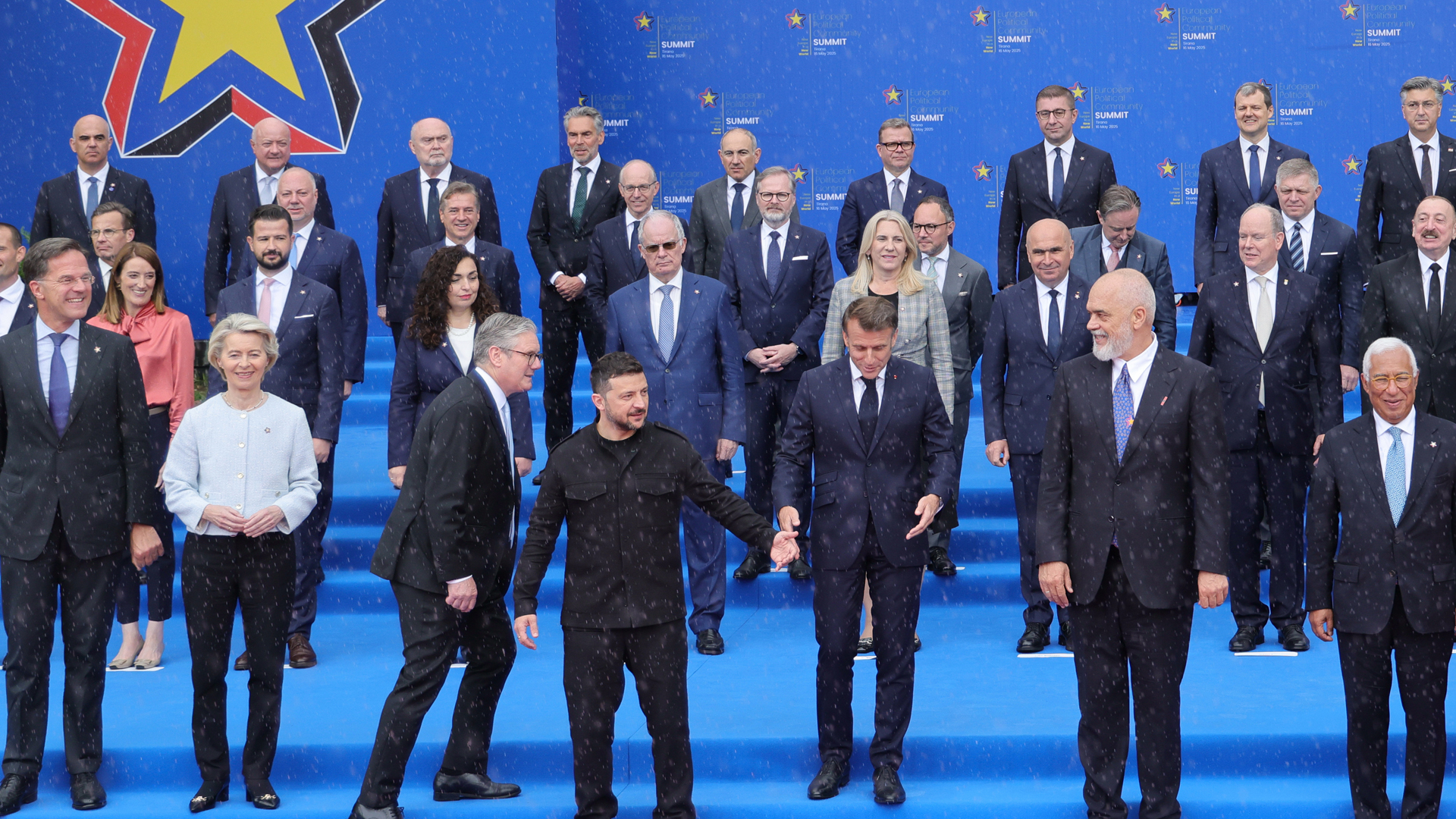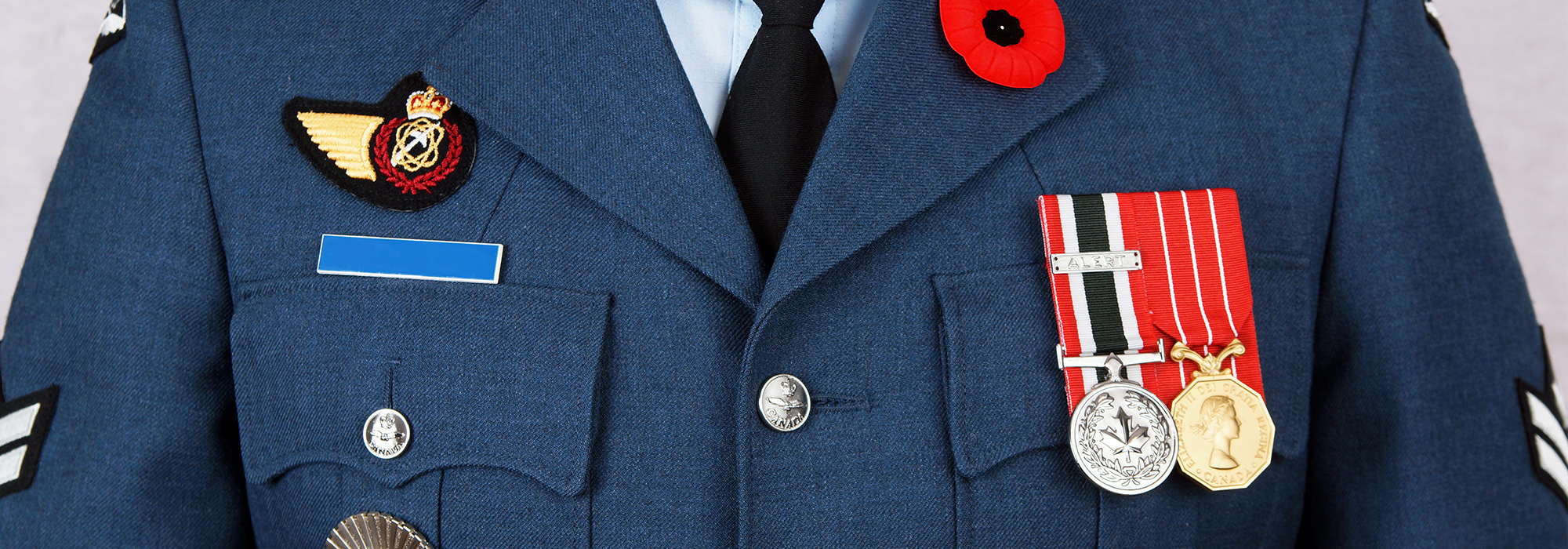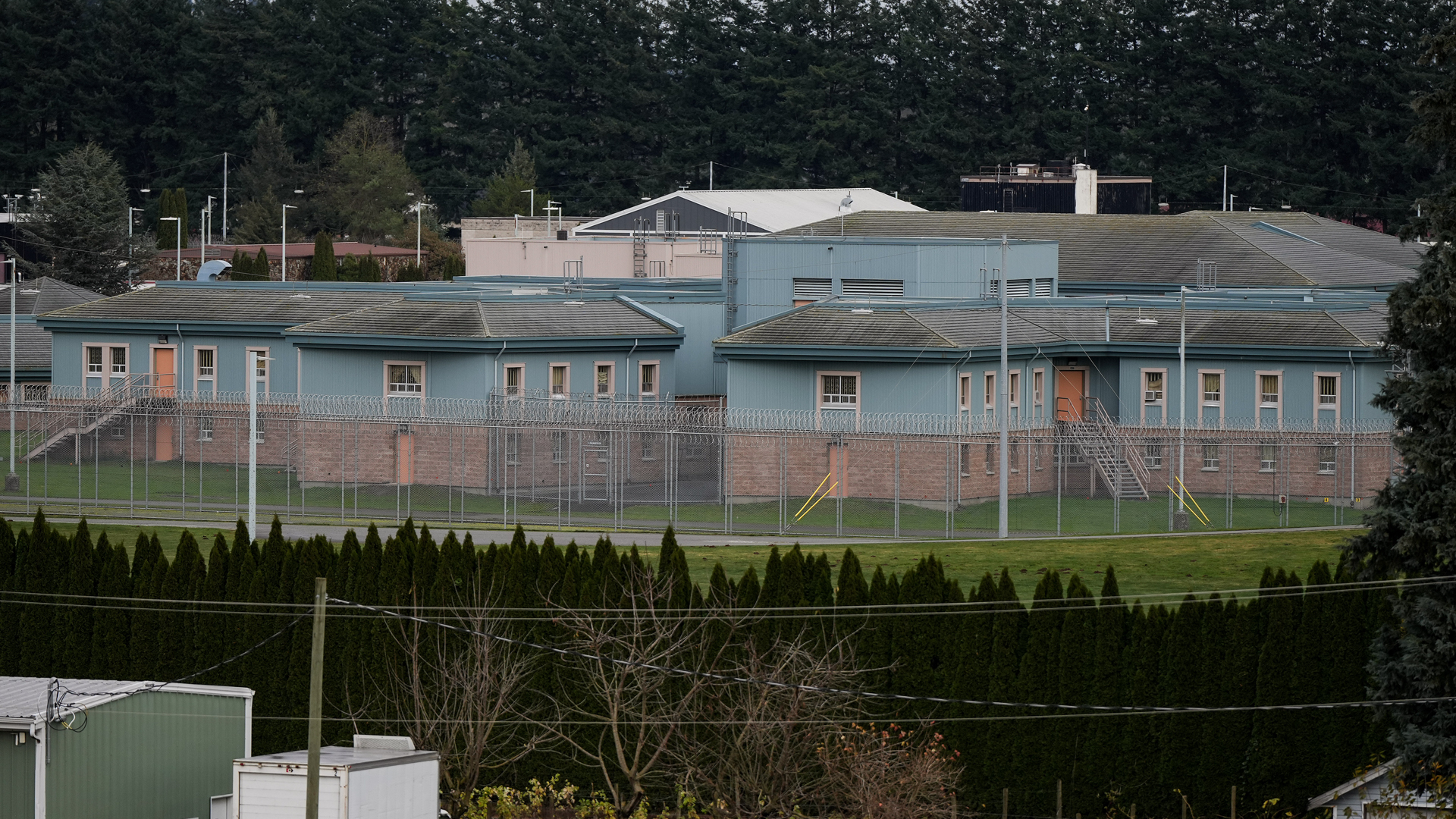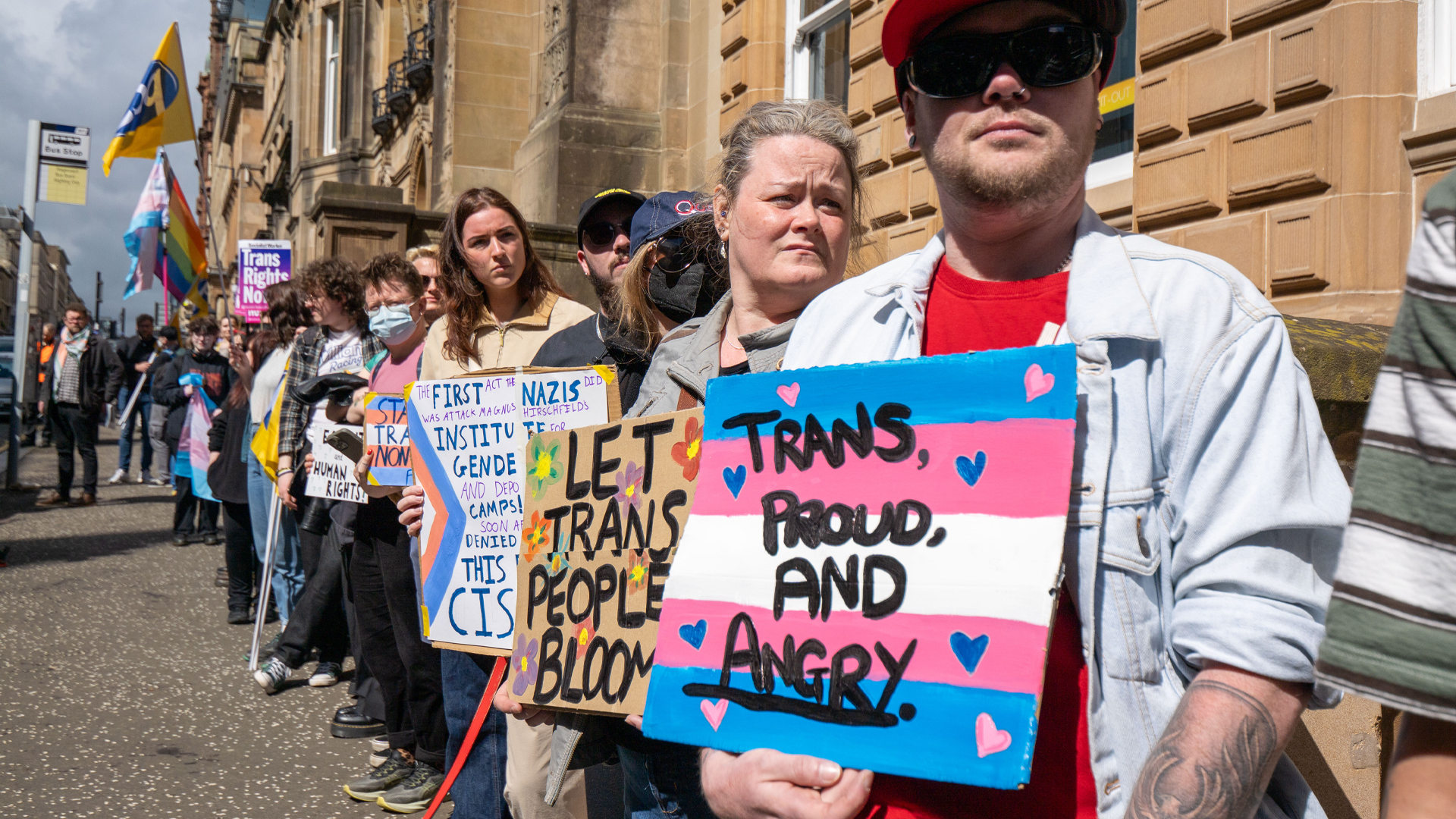
Canada’s military is active. At the time of writing, the Canadian Armed Forces (“CAF”) had more than 1200 personnel deployed abroad on operations, including in Haiti, South Sudan, the Sinai Peninsula, in support of NATO assurance measures in Eastern Europe, and as part of the Middle East Stabilization Force in Iraq. Only a small segment of the Canadian population is aware of some deployments, with fewer still holding a position on whether they are a good or bad thing. Other deployments are more broadly known and discussed and might be the subject of intense opinions. To take two examples of those in the latter class, on 17 May 2006 a contentious vote took place on a government motion framed in terms of House of Commons “support” for the government’s decision authorizing a two-year extension to the mission in Afghanistan, and the motion narrowly passed with 149 yeas to 145 nays. Nearly eight years later in mid-April of 2014 and in response to Russian actions concerning Ukraine, the government offered a number of assets including six CF-188 Hornets as part of NATO “reassurance measures.” There was some discussion in the press about whether this was the right thing to do, but the House of Commons did not pay much attention to the matter, and there was no debate, and no vote. Most recently, the CAF deployed six CF-188 Hornet fighter aircraft, along with a Polaris aerial refueller and two CP-140 Aurora surveillance aircraft, to Iraq. Before the deployment, and as the House of Commons discussed the situation in Iraq, the media generated analyses of the pros and cons on Canadian engagement there, with the Globe and Mail inviting the government and opposition to make their cases and asking the public to comment, and vote. In the event, the government put forward a motion in the House supporting its decision to deploy which passed 157-134 on 7 October 2014.
In Canada’s system of government, it is the executive — the cabinet, the Prime Minister, and on occasion individual ministers — that is empowered to authorize the deployment of the CAF on international operations. The relevant legal authority flows from the Crown prerogative, in Peter Hogg’s definition “the powers and privileges accorded by the common law to the Crown.” This legal authority is separate and distinct from authority granted the Crown in statute, but it is no less legitimate or important. Parliament plays no legal role in the exercise of the Crown prerogative to deploy the CAF.
If what is being suggested is a “constitutional convention” to consult the House of Commons before a military deployment, such a convention would stand alone among its peers; it would neither look like other constitutional conventions nor serve comparable purposes.
The fact that the executive possesses powers and privileges independent of those sourced in parliamentary grants — and the power to deploy the CAF is only one of many — is a cause of concern to some. The Crown prerogative is archaic, they might argue, or an ill fit with Canada’s 21st Century parliamentary democracy; relevant powers should belong to the House of Commons. For Rosara Joseph, writing about the situation in the United Kingdom, “the decision to deploy the armed forces is too important and solemn a decision to leave to the Prime Minister and an inner cabal of government ministers;” she continues “in a constitution such as ours, which enshrines democratic values, we must revise our constitutional arrangements”. Others, including this author, hold contrary opinions: considered, as it must be, in the context of Canada’s system of responsible government, the Crown prerogative is a legitimate and often necessary source of authority.
Connected to this debate in an interesting way are statements about the existence of a “convention” to consult Parliament before deployment decisions are made. Some in Canada appear to hold the position that such a convention exists. Others suggest there should be a convention along these lines, and that one may form at some point in the future, while still others argue that this may not be the best way forward. But perhaps a convention to consult Parliament before deployment decisions is a political mirage. It is not clear what is meant by the term “convention”, in this context, in the first place. Indeed, it will be argued in this chapter, that either the term “convention” as applied to Commons consultation practices refers to a “constitutional convention,” or it is a concept empty of meaning in Canadian law and parliamentary practice.
If what is being suggested is a “constitutional convention” to consult the House of Commons before a military deployment, such a convention would stand alone among its peers; it would neither look like other constitutional conventions nor serve comparable purposes. And even if a consultation constitutional convention were a theoretical possibility, the test for the establishment of one is extremely hard to meet, and it has not been met.
Those discussing a consultation convention in Canada will oftentimes refer to the UK experience. This is reasonable; after all Canada’s constitution is “similar in Principle to that of the United Kingdom”. And has not the UK accepted the fact of a convention to consult their Parliament in advance of a deployment decision, and cannot we reposition the Canadian debate as a matter of when we will adopt the UK approach rather than whether a convention is even possible in the first place? While the broader Crown prerogative debate in the UK is very advanced, and a quick review of the relevant parliamentary and government statements might suggest a recognition by all of a convention to consult Parliament before deployments, this seemingly clear picture blurs on a closer look.
Given all of this, why are we talking about conventions in the military deployment context? It will be argued here that such talk is intimately linked with criticism of the underlying Crown prerogative authority for such deployments; for those who do not like the Crown prerogative’s use in the deployment context, a consultation convention is a desirable thing. Yet the argument — based in criticism — that a consultation convention exists has important implications for other modes of criticism. In the final analysis it is better to disregard the mirage of a convention to consult Parliament and instead focus analytical and critical energy on the first order questions: are we making deployment decisions in the right way, and are we making the right deployment decisions?
Photo: Sylvie Bouchard / Shutterstock
Excerpted from The Crown and Parliament, eds. Michel Bédard and Philippe Lagassé (Montreal: Éditions Yvon Blais). © Éditions Yvon Blais 2015. Used by permission.







